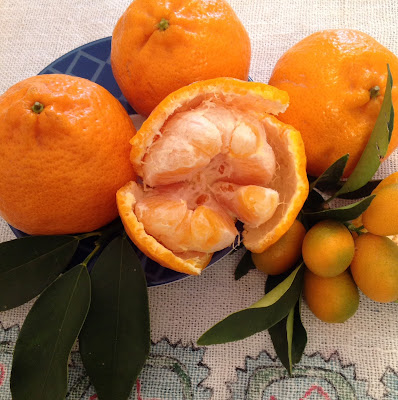It’s humbling … I have just finished reading Dr
Izzeldin Abuelaish’s book ‘I Shall Not Hate’ and I am dazzled by the spirit,
courage and humanity of this distinguished Palestinian doctor shining through
every page.
This book is a plea to our humanity - our common heritage
as human beings - and the call we can all feel to be forces for good in our
society.
In Australia, as I write, we are facing ourselves in
the mirror with the question ‘Are we a racist society?’ I certainly hope not.
However, in all our societies there are people who see our shared humanity
write large, and those who are disturbed by difference. There are even a few
who fall into hatred. However, I believe that the great majority of human
beings can learn to see beyond difference and grow in friendship and understanding.
This is the prime call behind, ‘I Shall Not Hate’. It
is a call to establish peace between Palestinians and Israelis through
understanding, mutual respect and building goodwill instead of bad. In Dr
Abuelaish’s case he sees medicine as having a prime role in this.
The book reveals in a very personal way the
experience of deprivation, poverty and lack of opportunity. The doctor tells us
how and with what determination – and help from his mother and certain teachers
– he survived his childhood and rose to become a medical doctor and a
specialist.
As a doctor, he worked in an Israeli hospital and
made firm friends of Israeli colleagues. He worked hard to bring about
understanding and peace between Israelis and Palestinians. He calls the Israeli
people brothers and sisters and notes how similar they are to Palestinians.
That is a remarkable achievement in the face of the
provocations he faced: the destruction of his childhood home to make room for
Israeli tanks to pass down the street; the continual humiliation and
aggravation at border crossings; the rockets and the shelling; and, finally,
the death of three of his innocent children and a niece. A lot of lesser people
would have descended to hatred.
But hatred is an ignoble human emotion and we, all
of us, are capable of rising above it. If we are to have good societies, we
must do so. Being our best selves, as individuals, is crucial to building good
societies. It is the pathway to peace – in families and communities, within
countries, and globally. Hatred only breeds more hatred; and that is a lesson I
hope we can all learn.
I was lent this copy of ‘I Shall Not Hate’ by my
local minister – I’m a Christian and an Anglican, living in Sydney – which
tells us that goodwill and sincere faith are able to rise above faith
divisions.
Our world needs goodwill and people with the courage
to give of their very best.
‘I Shall Not Hate’ by Izzeldin Abuelaish is
published by Bloomsbury.
